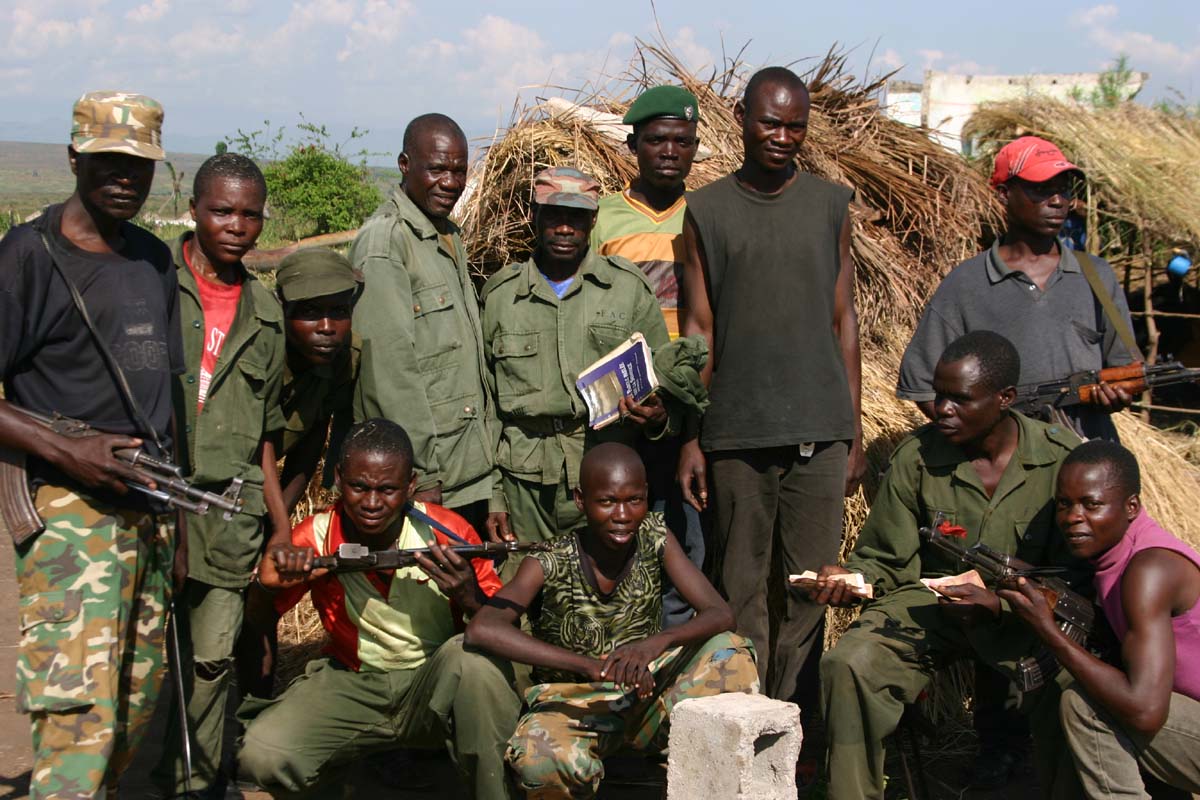Just like it does every time there is a crisis in the developing world, the U.N. Security Council is contemplating a resolution. If the international community – as member countries like to call themselves – succeeds, Zimbabweans might be rewarded with S/RES/1821 (2008) at whenever the Council meets for its 5917th time.
As in all prior resolutions, this one will contain code words and buzz phrases only a handful of the people it will be intended to save from violence and starvation can decipher –“Affirming,” “Reaffirming,” “Deploring,” “Noting,” “Taking note of,” “Taking further note of – we can even predict that, if passed, the resolution will be named, “The Situation in Zimbabwe.”
What is even more ridiculous is the fact that it is the United States pushing for the U.N. Security Council resolution on Zimbabwe, supposedly to send “a strong message of deterrence.” Yes, ladies and gentlemen, the same United States that renounced the U.N. and went to war alone against Saddam Hussein in Iraq is calling on the international body to pass a resolution condemning Zimbabwe!
What has caused the United States to embrace the U.N. is strange to us. But one thing we know certainly is that resolutions seldom work. In 2007, for example, the Council passed 55 resolutions. This year, with 26 resolutions already passed, many of them are meant to condemn many of the same countries listed in 2007. For example Somalia, which appeared on the list three times in 2007, has already had four resolutions, though we have barely crossed into the second half of the year. Afghanistan and the Middle East also feature prominently in the long list of declarations. Yet the same countries and regions contained in the list continue to experience the very problems that led to the passing of the condemnation.
If the United States and the “international community” genuinely cared even a tiny bit about Zimbabwe, they would take the approach they took on Kenya earlier in the year when a disputed presidential election led to months of bloodshed and political gridlock.
We hope that the international community and the United States see in Zimbabwe a more perilous situation than the one that prompted them to send some of their top officials to Kenya. Otherwise, those of us who thought that it was the value of African lives – not American interests – that were the reason America acted so expeditiously might begin to reconsider our beliefs.
If the bureaucracies that are the U.N. and the U.S. are really serious about making change in the world, they must move away from resolutions and sanctions to seek new solutions to the problems of this world. Resolutions and sanctions have been around for decades and have only made dictator stronger. It is time to upgrade.
Following Zimbabwe’s runoff elections of June 27, President (if we may call him that) Robert Mugabe has indicated that he is open to dialogue with Morgan Tsvangirai’s Movement for Democratic Change and other opposition parties. The international community should jump on this rare chance to slowly ease the old man out of power without bloodshed.
About Edwin Okong'o - Mshale Contributing Editor
Edwin Okong'o is a Mshale Contributing Editor. Formerly he was the newspaper's editor.







